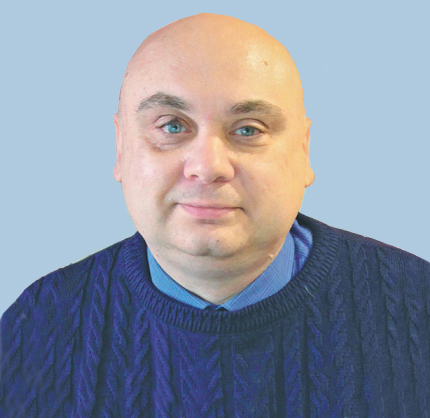The article examines the features of the ethnocultural memory of the descendants of the Molokans group, who migrated at the beginning of the 20th century to the territory of the modern Odessky district of the Omsk region. The work is based on the results of a field survey conducted in 2023, during which interviews with representatives of the second and third generations of the Molokans descendants were conducted, as well as a number of historical and local historical publications and documentary sources kept in the State Archive of Omsk region were examined. It has been established that, due to the close integration of Molokan and Baptist communities living near each other, as well as gradual loss of religious beliefs, the name “Molokan” for the majority of locals by the beginning of the 21st century had lost its original religious meaning and more often became a kind of collective nickname for modern villagers where their descendants live. At the same time, the memory of ethnic and religious traditions of Molokans' ancestors continues to be preserved among their descendants. The transformations in ethnocultural memory, reflecting the ethnic traditions of these descendants, are characterized by several trends. In terms of spiritual culture, funeral rituals are best preserved in memory. In terms of material culture, traditional cuisine remains the most consistent. This situation largely correlates with the principles of preservation and transformation of traditional culture, which we recorded among other groups of migrants. In the case of Molokan groups living in the Odessky district of Omsk region, transformation of elements of their spiritual culture was decisively influenced by the process of modernization of their lifestyle during the Soviet period and increase in the number of marriages with representatives of other religions. Transformation of material culture has been influenced by specific local natural resources as well as borrowing adaptation experience from a new ethnic environment.
Key words: Molokans, Baptists, Spiritual Christians, identity, ethnocultural memory, Omsk region
DOI: 10.22250/2072-8662-2024-3-95-102
About the author
 |
Roman Yu. Fedorov – DSci (History), Senior Researcher at the Department of Ethnology and Social Anthropology; Tyumen Scientific Center; 86 Malygina St., Tyumen, 625026, Russia; This email address is being protected from spambots. You need JavaScript enabled to view it. |






